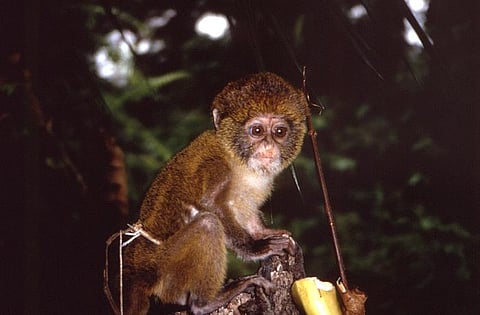TJ: How is it diagnosed?
Dr. Mangala: PCR for Orthopoxvirus genus [Cowpox, Buffalopox, Camelpox, Monkeypox] will be done. If the specimen will show positivity for the Orthopoxvirus, it would be further confirmed by Monkeypox specific conventional PCR or real time PCR for Monkeypox DNA. Additionally, virus isolation and the Next Generation Sequencing of clinical samples (Miniseq and Nextseq) will be used for characterization of the positive clinical specimens.
TJ: How dangerous is this disease? Is it very severe?
Dr. Mangala: Monkeypox is usually a self-limited disease with symptoms lasting from 2 to 4 weeks. Severe cases can occur. In recent times, the case fatality ratio has been around 3–6%.
Interviewer: Is there any cure or treatment for monkeypox?
Dr. Mangala:
Patient isolation
Protection of compromised skin and mucous membranes
Rehydration therapy and Nutritional support
Symptom alleviation
Monitoring and treatment of complications
Symptomatic treatment and few antivirals
TJ: What can one do to prevent oneself from this disease?
Dr. Mangala: Raising awareness of risk factors and educating people about the measures they can take to reduce exposure to the virus is the main prevention strategy for monkeypox.


